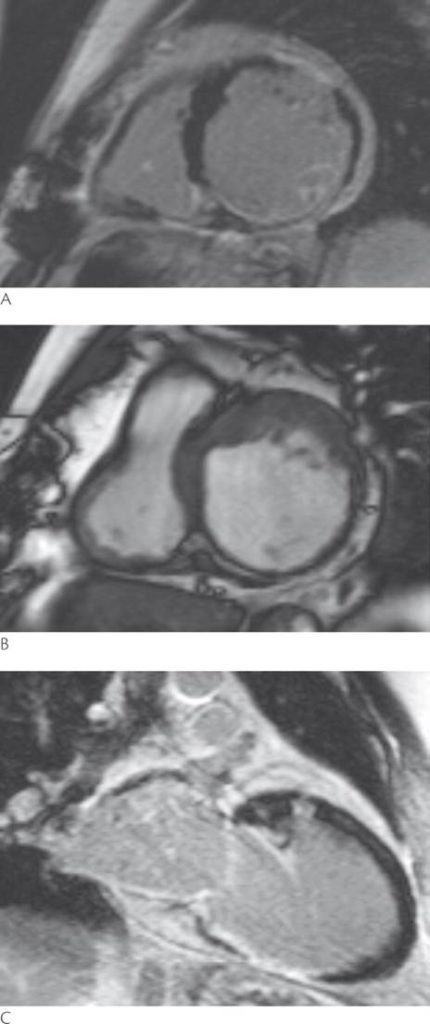Cardiac/Heart Investigations
Dr Robinson provides the full range on heart investigations in his Colchester Cardiology practice.
Cardiac MRI and coronary stent insertion are provided at his Essex Cardiology practice at the Orwell Private Patient unit.
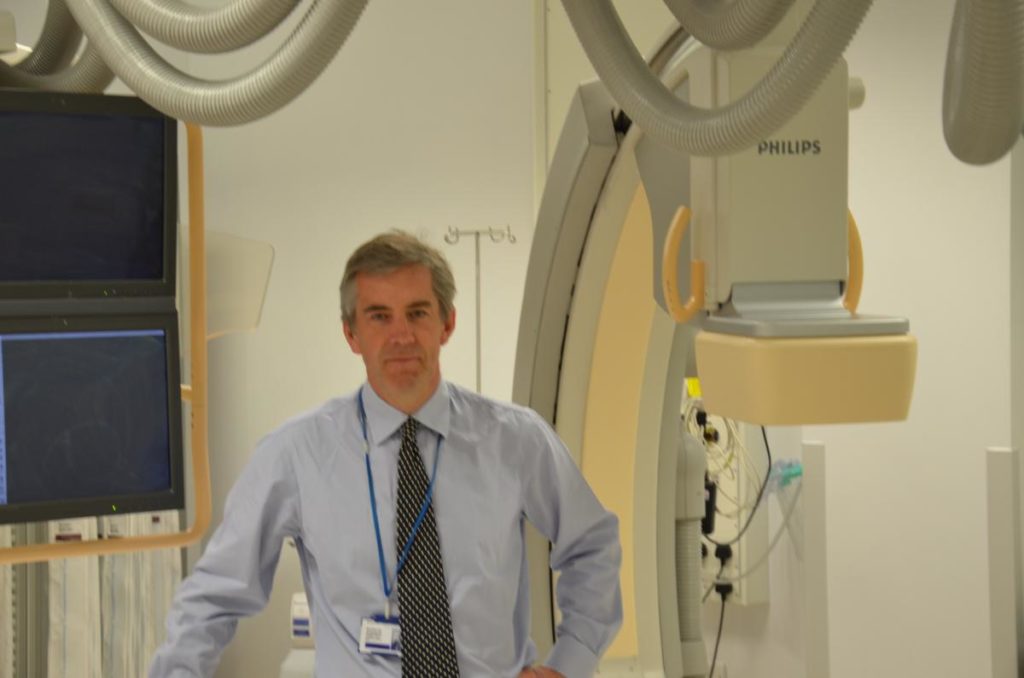
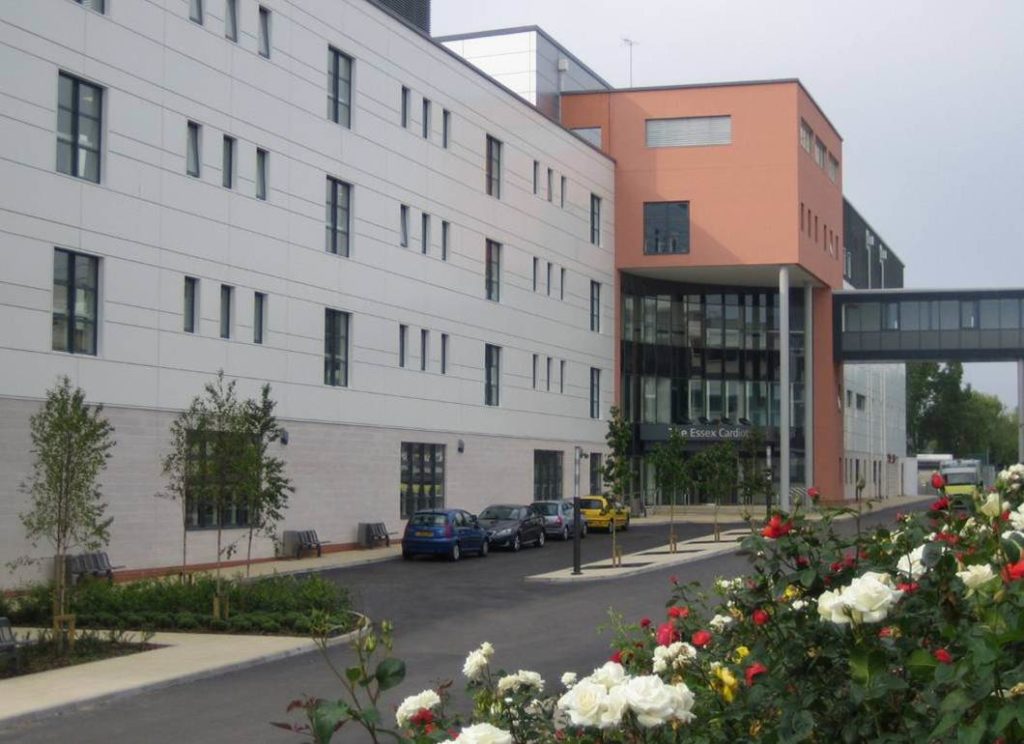
Coronary Angiogram
Dr Robinson is an interventional cardiologist with expertise and subspecialty training in coronary angiography and coronary stent insertion. A coronary angiogram is also known as cardiac catheterisation. It is a procedure performed under local anaesthetic, either from the wrist (radial) or from the top of the leg (femoral).
The procedure involves passing a tube (catheter) directly up to the heart and will enable Dr Robinson to visualise the heart arteries under X-Ray control. The test is useful for the assessment of chest pain and the management of patients during and after heart attack.
For more information about Coronary Angiograms please visit The British Heart Foundation
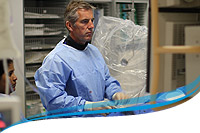
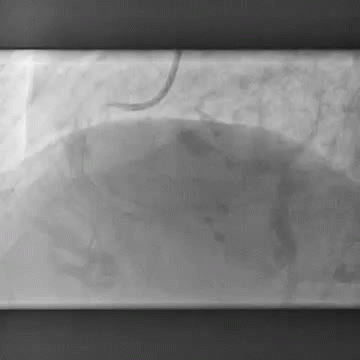
Cardiac Nuclear Perfusion Scanning
Cardiac nuclear perfusion scans look at the pumping of the heart and the blood flow in the heart arteries. They are useful to diagnose coronary artery disease (furring up of the heart arteries).
For more information please visit The British Heart Foundation
Electrocardiogram (ECG)
This is a simple test which involves putting stickers on the chest, arms and legs. Electrical recordings are the obtained which can provide information about the heart beat. The ECG will determine if the heart is in the normal (sinus) rhythm or an abnormal.
For more information about ECG tests visit The British Heart Foundation
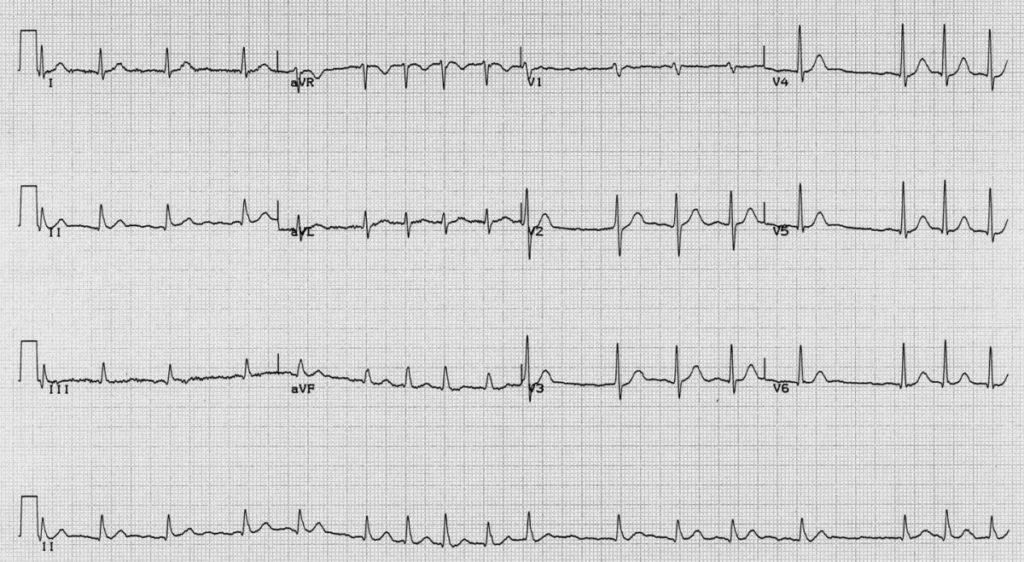
Cardiac Monitoring (24 hour tape)
If the heart beat needs to be monitored over a 24 hour period an ambulatory ECG or holter monitor can be performed. This involves having stickers placed on your chest which are attached to a small box which you wear on your belt. The test is useful for monitoring symptoms of palpitations.
Cardiac Trigger Monitoring
This test is similar to a 24 hour tape. However, the box can be worn for a more prolonged time. The recordings are not obtained all the time but only when the patient presses a button to confirm that they are having symptoms.
24 hour blood pressure monitoring
In order to confirm hypertension and to monitor blood pressure control a 24 hour blood pressure recorder can be very useful. The blood pressure cuff is worn for 24 hours and recordings are obtained half hourly during the day and hourly during the night. This is often the best way of assessing true blood pressure.
Echocardiography
This test is an ultrasound evaluation of the structure of the heart. It is useful to assess the contraction of the heart and to detect heart valve disease. It is performed over 30 to 60 minutes and involves placing lubricating jelly on the chest and the scanning with an ultrasound probe. More detailed images can be obtained with a separate test which involves swallowing a tube, a Trans-oesophageal Echocardiogram.
For more information about Echocardiograms please visit The British Heart Foundation
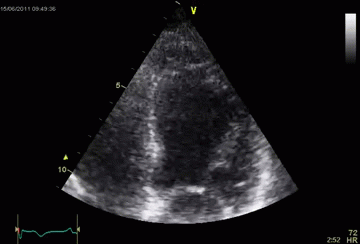
Cardiac CT scans and calcium scores
CT scans are also performed in Colchester. These enable a non-invasive assessment of coronary arteries and detailed risk assessment of a patient. Dr Robinson is highly exprienced in the role of CT coronary angiograms and calcium scoring and will arrange these for patients where appropriate. Calcium scans take 10 minutes to perform and allow assessment of the heart arteries to detect any evidence of early disease in the walls of the artery. This now allows more accurate risk assessment of the individual and will help to identify asymptomatic people who may wish to consider early use of statin therapy.
Cardiac CT scans are a good non-invasive way of assessing the coronary arteries to see if there are narrowings or blockages. Dr Robinson uses these scans in his Colchester and Essex Cardiology practice to evaluate chest pain.
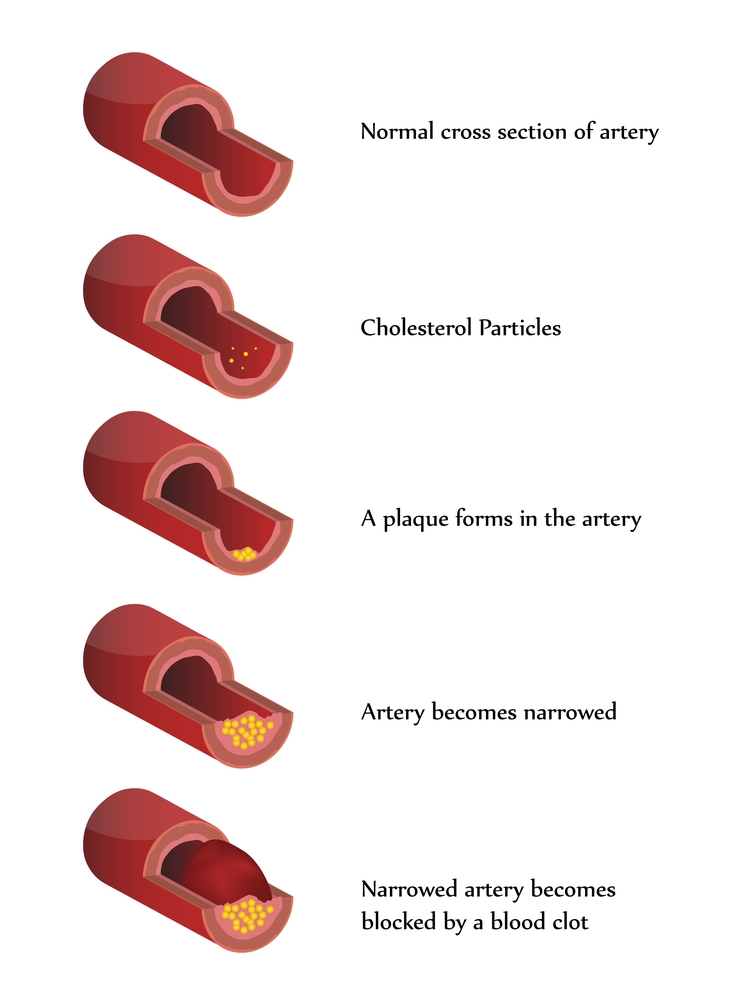
Cardiac MRI
Detailed information about the structure and function of the heart can be obtained with a cardiac MRI scan. This procedure does not involve radiation and involves the patient lying on a bed which then moves into a ‘tunnel-like’ scanner. The machine can be noisy and occasionally patients find the test claustrophobic.
Dr Robinson is using cardiac MRI scans increasingly for the screening and diagnosis of abnormalities of heart muscle and coronary artery disease.
For more information about MRI scans please visit The British Heart Foundation
